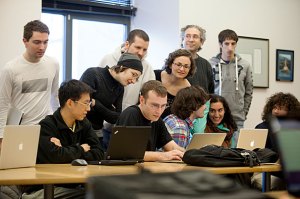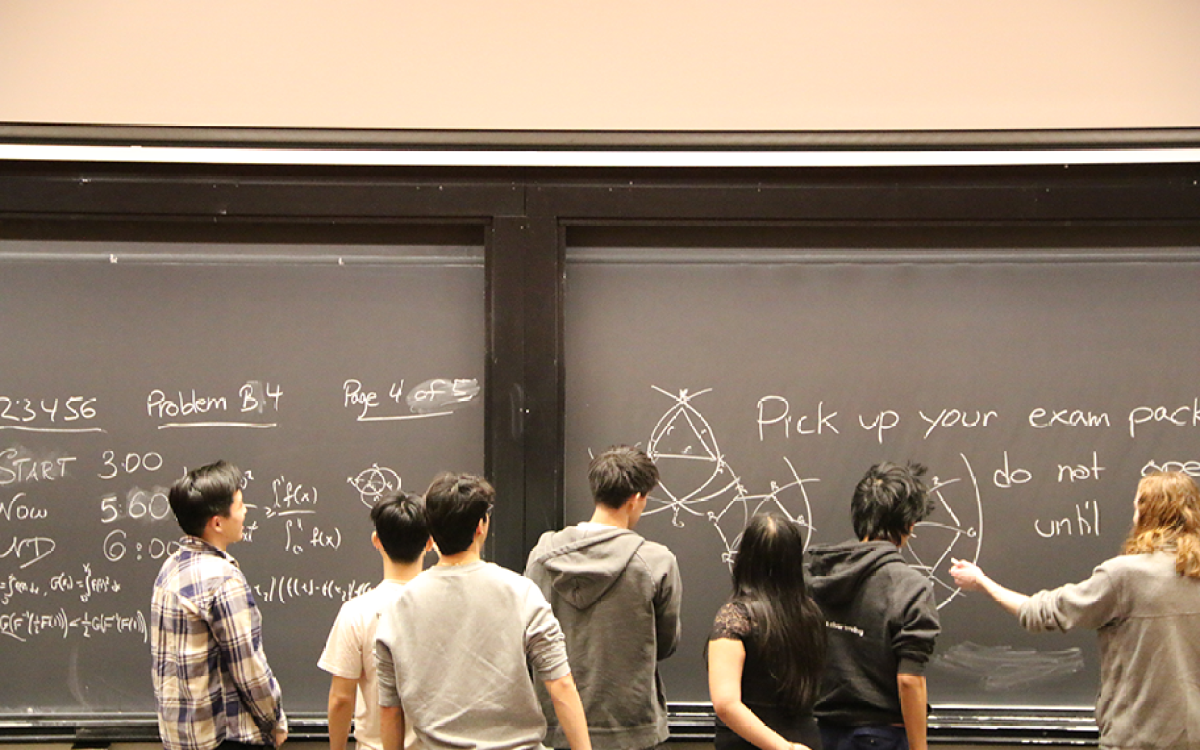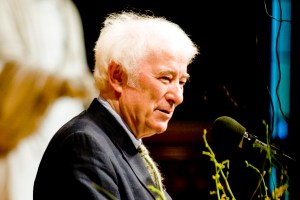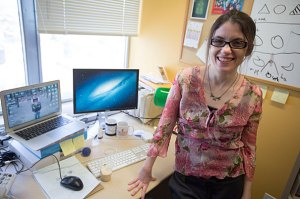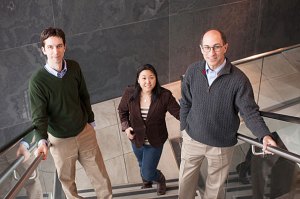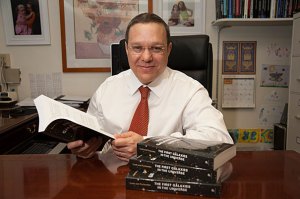Tag: Research
-
Health
Lower health care costs may last
A slowdown in the growth of U.S. health care costs could mean a savings of as much as $770 billion on Medicare spending over the next decade, Harvard economists say.
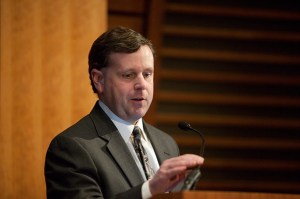
-
Health
The motivation to move
Using an unusual decision-making study, Harvard researchers exploring the question of motivation found that rats will perform a task faster or slower depending on the size of the benefit they receive, suggesting they maintain a long-term estimate of whether it’s worthwhile for them to invest the energy.
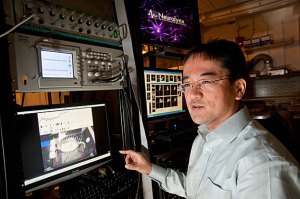
-
Science & Tech
Water worlds surface
Astronomers have found a planetary system orbiting the star Kepler-62. This five-planet system has two worlds in the habitable zone — the distance from their star at which they receive enough light and warmth for liquid water to theoretically exist on their surfaces.

-
Health
Big boost in drug discovery
Using a new, stem cell-based, drug-screening technology that could reinvent and greatly reduce the cost of developing pharmaceuticals, researchers at the Harvard Stem Cell Institute have found a compound that is more effective in protecting the neurons killed in amyotrophic lateral sclerosis than are two drugs that failed in human clinical trials.
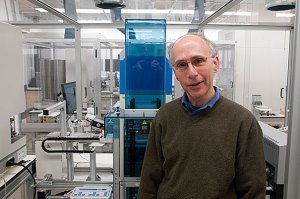
-
Nation & World
Where the research takes you
Steven Pinker, Johnstone Family Professor in the Department of Psychology, and Howard Gardner, John H. and Elisabeth A. Hobbs Professor of Cognition and Education at the Harvard Graduate School of Education, met to interview each other about their research, influences, and interests.
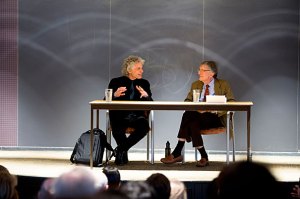
-
Health
Coelacanth genome surfaces
An international team of researchers has decoded the genome of a creature whose evolutionary history is both enigmatic and illuminating: the African coelacanth

-
Science & Tech
Warmth across 600 years
Harvard researchers are adding nuance to our understanding of how modern and historical temperatures compare.
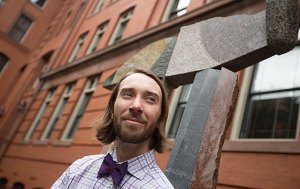
-
Health
Not as evolved as we think
Lest you think you’re at the top of the evolutionary heap, looking down your highly evolved nose at the earth’s lesser creatures, Marlene Zuk has a message for you: When it comes to evolution, there is no high or low, no better or worse.
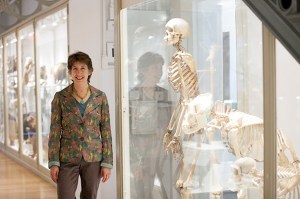
-
Science & Tech
Stars align at astronomy reunion
Harvard astronomers past and present gathered in Cambridge Friday (April 5) for the first-ever reunion of the Harvard Astronomy Department.
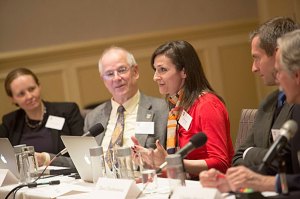
-
Health
Hallmarks of healthy eating
The Mediterranean Diet has been lauded as a healthy eater’s dream, but it’s still a mystery to many Americans. Greek cooking guru Diane Kochilas and cardiac health expert Frank Sacks — who have worked to enhance the diet’s presence in Harvard’s dining hall menus — visited groups across Harvard last week to share insights and…
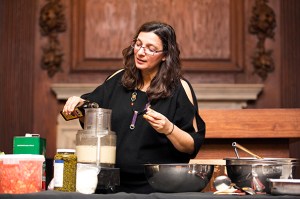
-
Campus & Community
Finalists in health, science challenge
Harvard University announced the selection of eight finalist teams in the inaugural Deans’ Health and Life Sciences Challenge on April 4.
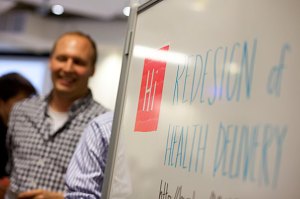
-
Health
Progress, puzzles in halting malaria
Among the many challenges facing scientists and public health officials seeking to erase malaria from the globe are the reservoirs of parasites hidden in asymptomatic carriers or dormant in patients’ livers, said analysts at the Harvard School of Public Health.
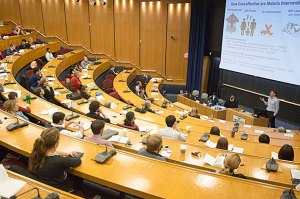
-
Science & Tech
Evolutionary oomph
Scientists may soon be able to turn to one of the most powerful forces in biology — evolution — to help in their quest to develop new synthetic polymers.
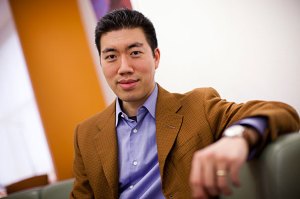
-
Campus & Community
A look inside the lab
The Faculty of Arts and Sciences’ Division of Science recently relaunched its “Science Research Lecture Series,” aimed at introducing the broader local community to research conducted by Harvard faculty members. The talks will be held once a month in the Science Center, and will be open to the public.
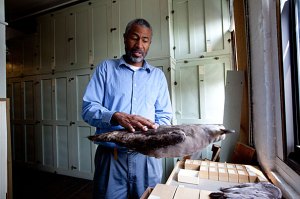
-
Science & Tech
Space and climate change
A lecturer from the Harvard-Smithsonian Center for Astrophysics says that “dark clouds of gas and dust have the potential to alter Earth’s climate.
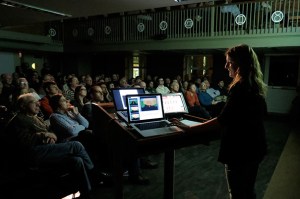
-
Science & Tech
Sharper view of matter
In a breakthrough that could one day yield important clues about the nature of matter itself, a team of Harvard scientists has measured the magnetic charge of single particles of matter and antimatter with unprecedented precision.
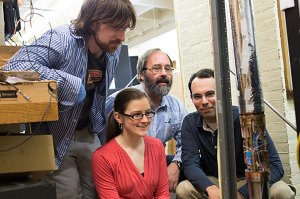
-
Arts & Culture
The dark side of chocolate
Exploring the sweet and dark sides of chocolate, a new course examines the history and food politics of the beloved treat.
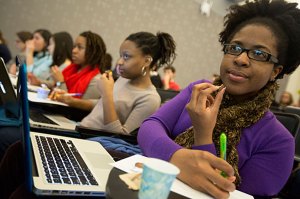
-
Science & Tech
The power of ‘thanks’
In “Sidetracked: Why Our Decisions Get Derailed, and How We Can Stick to the Plan,” Francesca Gino, an associate professor at Harvard Business School, explores a range of fascinating subjects, including how emotions influence decisions and the often-thorny matter of understanding the perspectives of others. Blending social science and real-world examples, Gino’s book also highlights…
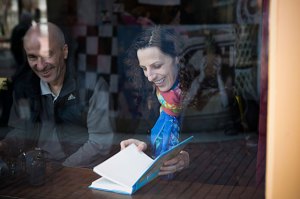
-
Health
Less stress, more living
The effects of stress on health, well-being, and even creativity were the focus of the Forum at Harvard School of Public Health (HSPH) this week.
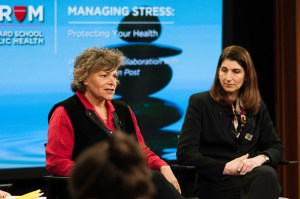
-
Health
Environment counts, Alzheimer’s research suggests
A new study led by Harvard Medical School Professor Dennis Selkoe provides specific, pre-clinical scientific evidence supporting the concept that prolonged and intensive stimulation by an enriched environment may have beneficial effects in delaying one of the key negative factors in Alzheimer’s disease.
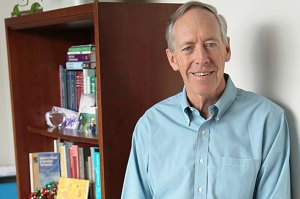
-
Nation & World
Tracking disease in a tent city
At India’s Kumbh Mela, the largest temporary city in the world, public health researchers from Harvard and beyond staged a small but nimble operation to follow health measures and disease outbreaks. The results will hold lessons not just for future Harvard students, but for urban health planners in India and elsewhere.
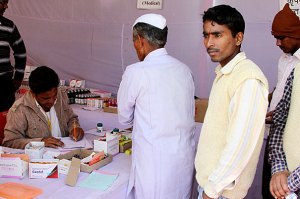
-
Science & Tech
A learner’s guide to the universe
Harvard’s Avi Loeb is helping prepare the next generation of astronomers with a new textbook, “The First Galaxies in the Universe.”

-
Science & Tech
Using explosions to power soft robots
Using small explosions produced by a mix of methane and oxygen, researchers at Harvard have designed a soft robot that can leap as much as a foot in the air.
-
Campus & Community
Applications open for M-RCBG senior fellows program
The Mossavar-Rahmani Center for Business and Government (M-RCBG) is accepting applications for its senior fellows program.
-
Science & Tech
New ways to fund science
As research funding dwindles, scientists need to rethink their methods for supporting the most promising projects, and how they communicate their work to the public, Nobel Prize–winning geneticist Paul Nurse told an audience of Harvard scientists.

-
Science & Tech
Technology to help monitor concussions
Researchers recently completed the first clinical study of a new rapid neuroassessment device they developed to quantitatively measure neuromuscular performance. The team is currently conducting a study with athletes in the Boston area to determine the sensitivity of the technology in diagnosing concussions.
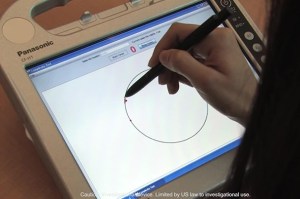
-
Science & Tech
Competition that computes
It might appear that evacuating a major city following a natural disaster and playing foosball have little, if anything, in common. For students participating in the IACS Computational Challenge, however, both are problems that can be tackled with some clever coding.
